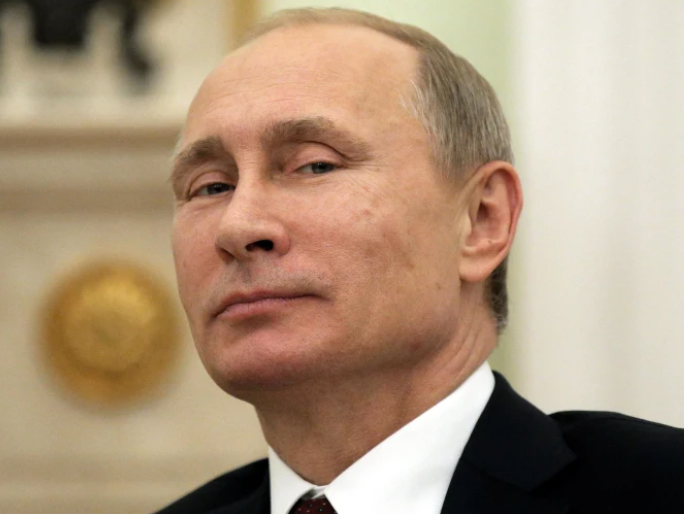#Putin #NATO #UkraineWar #Poland #ProxyWar #PeaceTalks #RussianSecurity #WWIII
In a recent development, President Putin has articulated concerns regarding the escalation of tensions between NATO forces and Russia, specifically highlighting Poland’s potential role in exacerbating the ongoing proxy war in Ukraine. During a press conference in Uzbekistan, Putin offered deep insights into the complex dynamics of the NATO-Russian conflict over Ukraine. A notable assertion made by Putin pertains to the legitimacy of Ukraine’s leadership; he contests President Zelensky’s status as the rightful leader following the expiration of his term, suggesting instead that Rada Speaker Stefanchuk should be recognized as his legal successor. This stance underscores the Kremlin’s broader strategy of discrediting the current Ukrainian administration and hints at Russia’s refusal to engage in dialogues under Zelensky’s leadership.
Putin also discussed speculative actions by the Ukrainian government, such as potentially lowering the draft age, which he views as strategically advantageous for NATO, particularly by keeping Zelensky in power to implement these unpopular decisions. Furthermore, Putin highlighted NATO’s indirect involvement through the provision of arms and intelligence to Ukraine, enabling precision strikes within Russia. This, according to Putin, is facilitated by NATO’s infrastructure and support, including space reconnaissance capabilities that Ukraine lacks. He ominously noted the presence of NATO members, including Polish forces, within Ukraine, insinuating a deeper level of involvement in the conflict than previously acknowledged. This suggests a precarious escalation of hostilities, with Poland ready to intervene more directly in the event of a Russian military breakthrough.
On a broader scale, Putin reaffirmed Russia’s commitment to peace talks, albeit criticizing the West’s unilateral approach that, in his view, seeks to strategically defeat Russia rather than find a viable resolution. He warned of the potential expansion of the “security zone” Russia might enforce as a buffer against NATO-supported Ukrainian strikes, indicating that the boundaries of this zone would be a direct response to NATO’s aggressive policies. The possibility of a Polish-led conventional intervention, and even the specter of tactical nuclear responses from Russia, poses a grave risk of escalating the conflict to a full-blown crisis.
In conclusion, the interplay between NATO’s strategies and Russia’s defensive posturing heralds a critical juncture in the conflict in Ukraine. With Putin signaling Russia’s preparedness for an escalated confrontation, the role of NATO, and Poland specifically, becomes pivotal in shaping the conflict’s trajectory. The implications for regional stability are profound, with the potential for miscalculations to spiral into a larger conflict, underscoring the delicate balance of power and the urgent need for diplomatic engagements to avert further escalation.







Comments are closed.